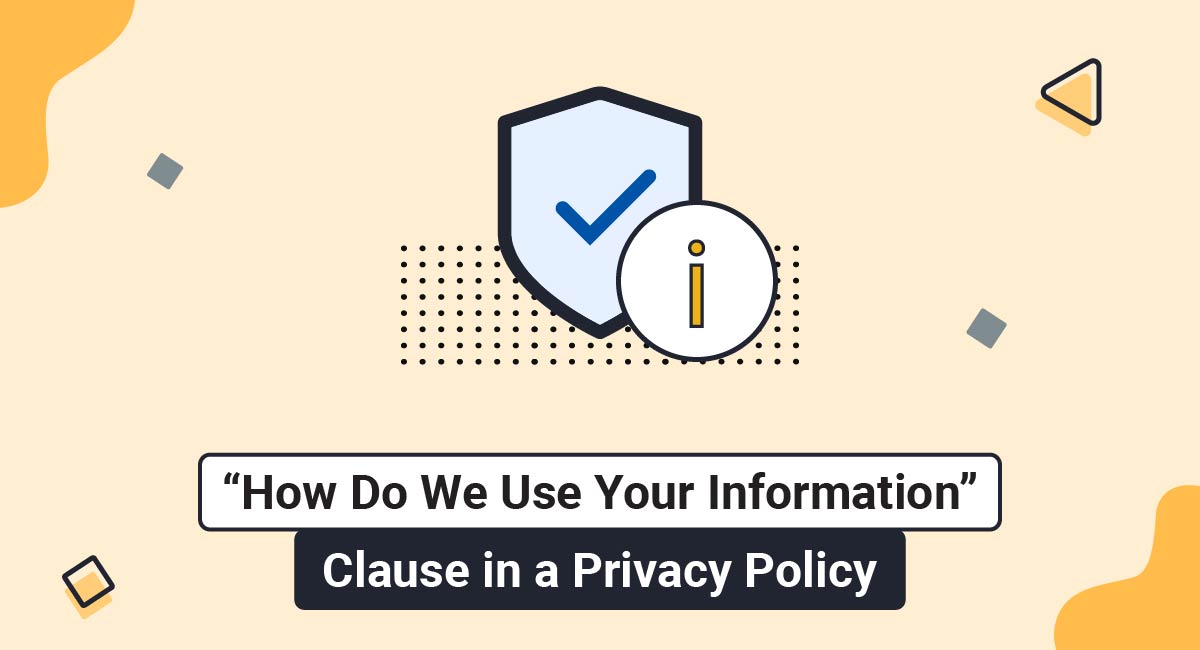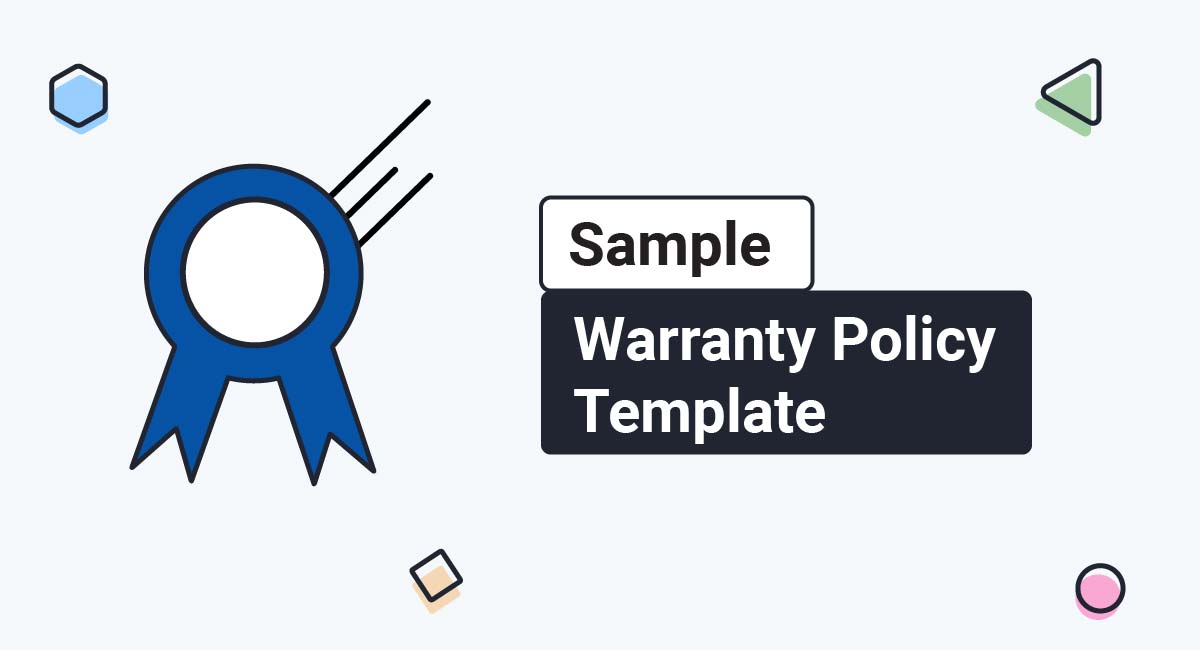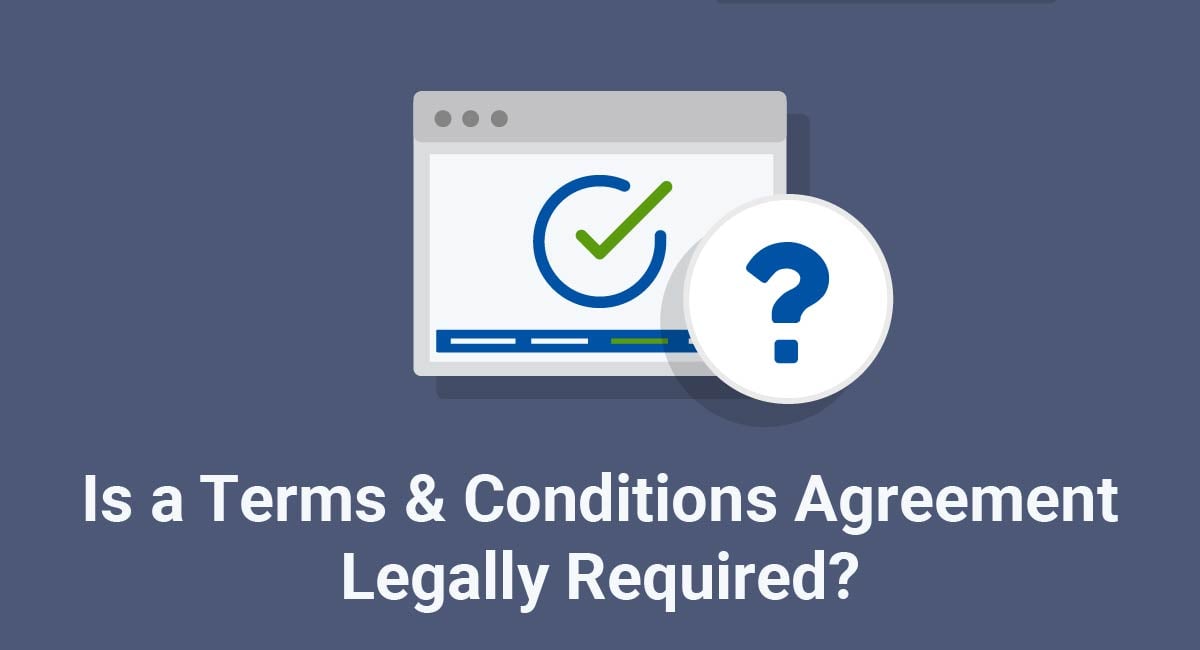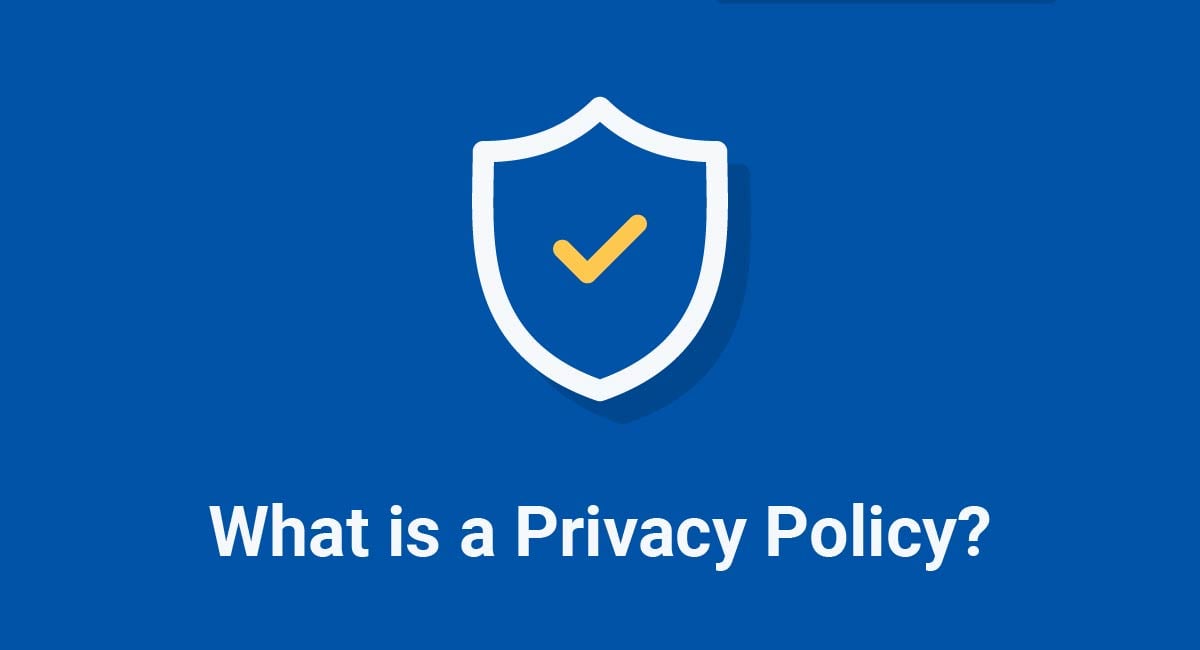
Sara Pegarella
Widener University School of Law graduate, Managing Legal Editor at TermsFeed.
Sara graduated from Widener University School of Law in 2010, and has a B.A. in English/writing. After years of technical/legal writing and compliance consulting, she began focusing on editing, and managing teams of writers. She's also a certified Integrative Health Practitioner and health coach. When not finding typos, she's gardening, reading, listening to health and biohacking podcasts, and spending time in nature.
"How Do We Use Your Information" Clause in a Privacy Policy
Businesses, websites and mobile apps collect large amounts of information from users, from email addresses and names to shipping addresses and financial data. And it's important that your users understand what you use their personal information for. Including a clause about how you use personal information (personal data) you collect within...
How to Add a Return Policy to WooCommerce
Adding a Return and Refund Policy to your WooCommerce store is a very smart business move for a number of reasons. An RRP will help you limit the timeframe and circumstances for when you accept returns and offer refunds. This helps you maintain as much control as possible over your business...
How to Add a Cookies Policy to Your WordPress Site
Adding a Cookies Policy to your WordPress website is an easy way to boost your legal compliance as well as your transparency with your website visitors. As more global privacy laws require you to disclose what cookies your website uses and for what purpose, having a Cookies Policy available now will...
Warranty Policy Template
A Warranty Policy is a statement that puts your users or customers on notice of what type of warranty coverage you offer, or if you don't offer one. It can be part of a Terms and Conditions agreement, as well as a standalone policy on your website. This article will break...
Is a Terms and Conditions Agreement Legally Required?
While not legally required, a Terms and Conditions agreement (T&C) is highly recommended to have on your business website for a number of important reasons. Not only will having this agreement help your users understand the rules for using your website/service, but the T&C will also work to limit your...
What is a Privacy Policy?
A Privacy Policy is a publicly-posted legal agreement that discloses how a business collects, uses, shares and protects personal information. Privacy Policies are required by a number of laws and by third-party services. For example, the EU's GDPR requires a Privacy Policy for businesses that interact with users in the EU...





